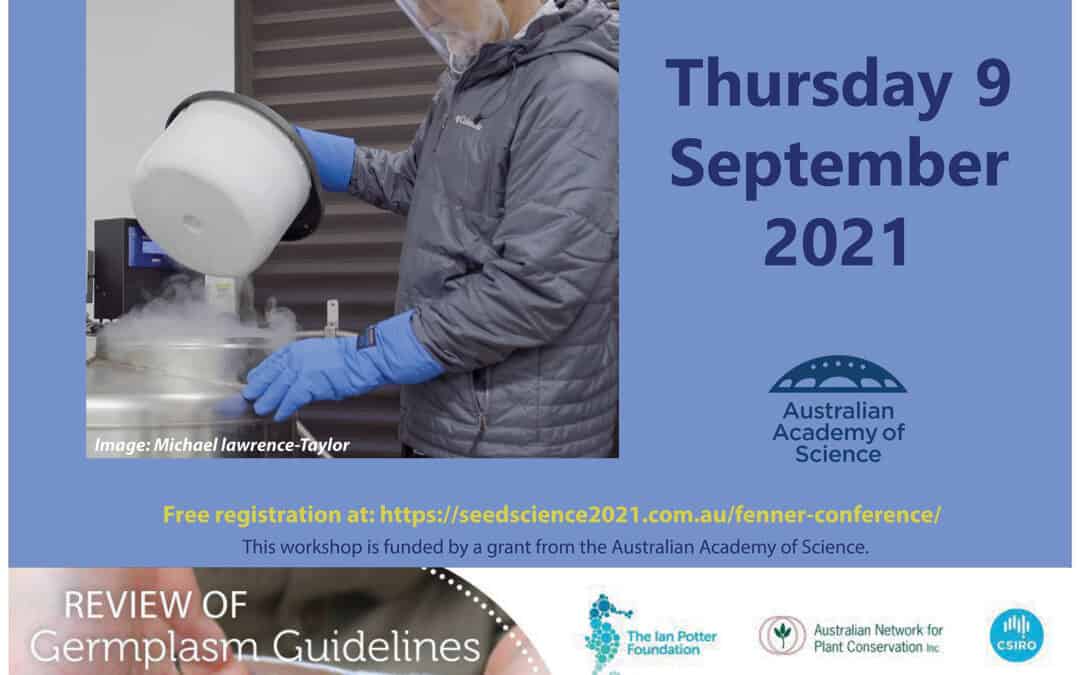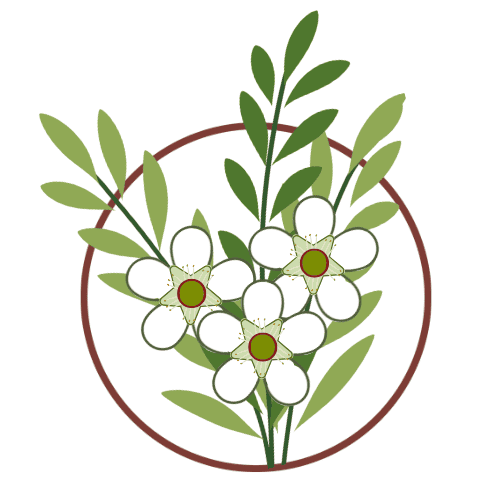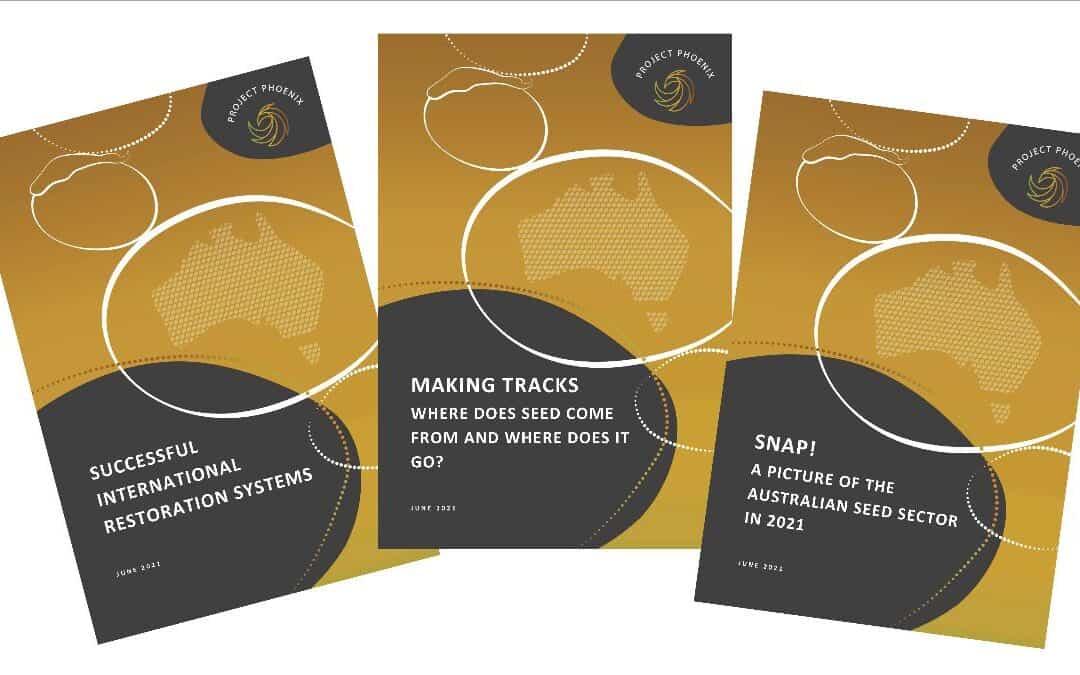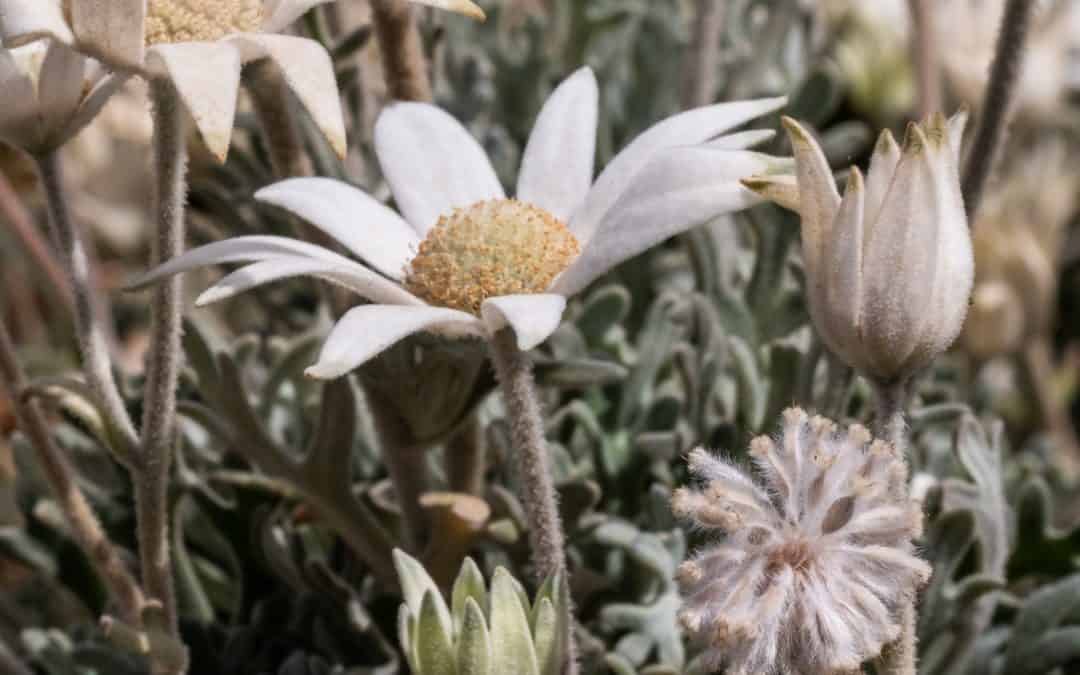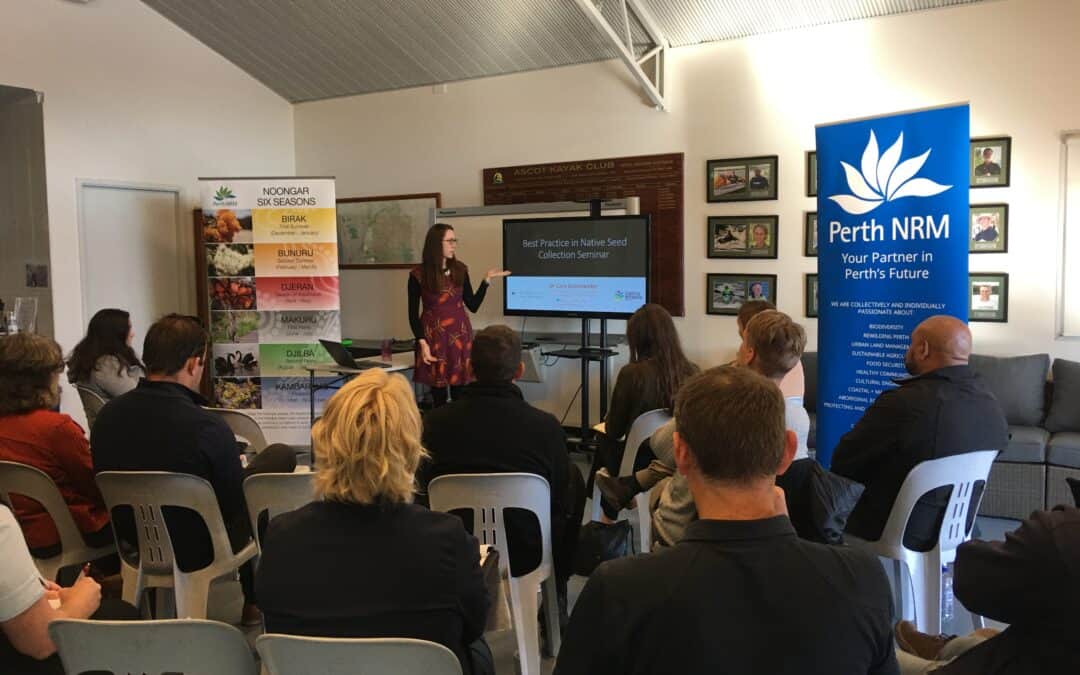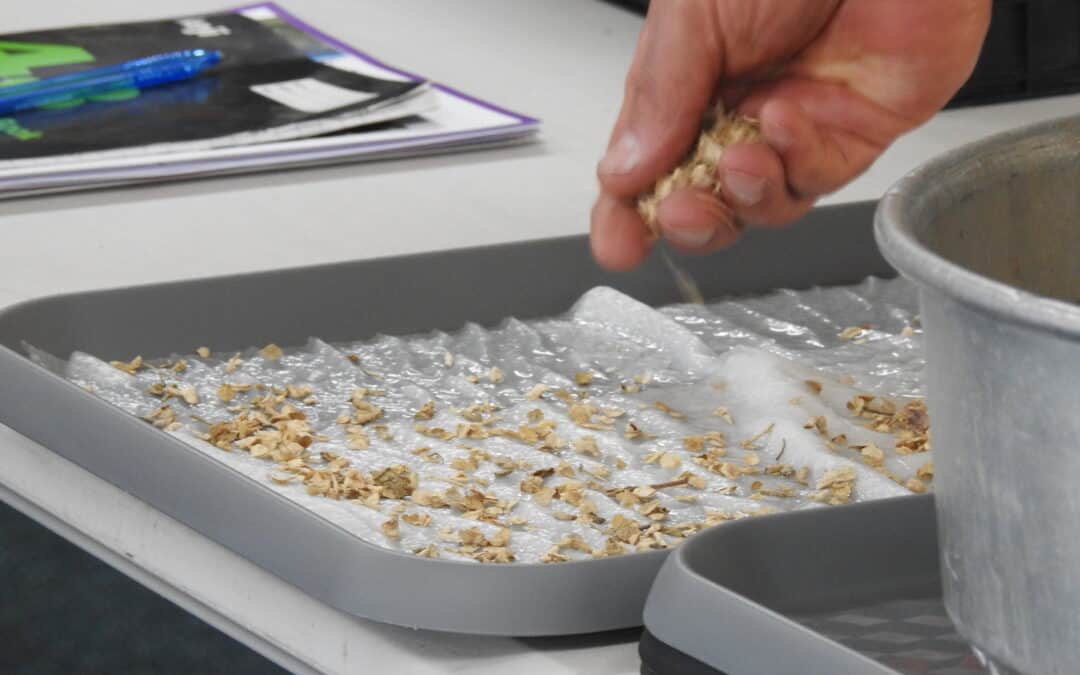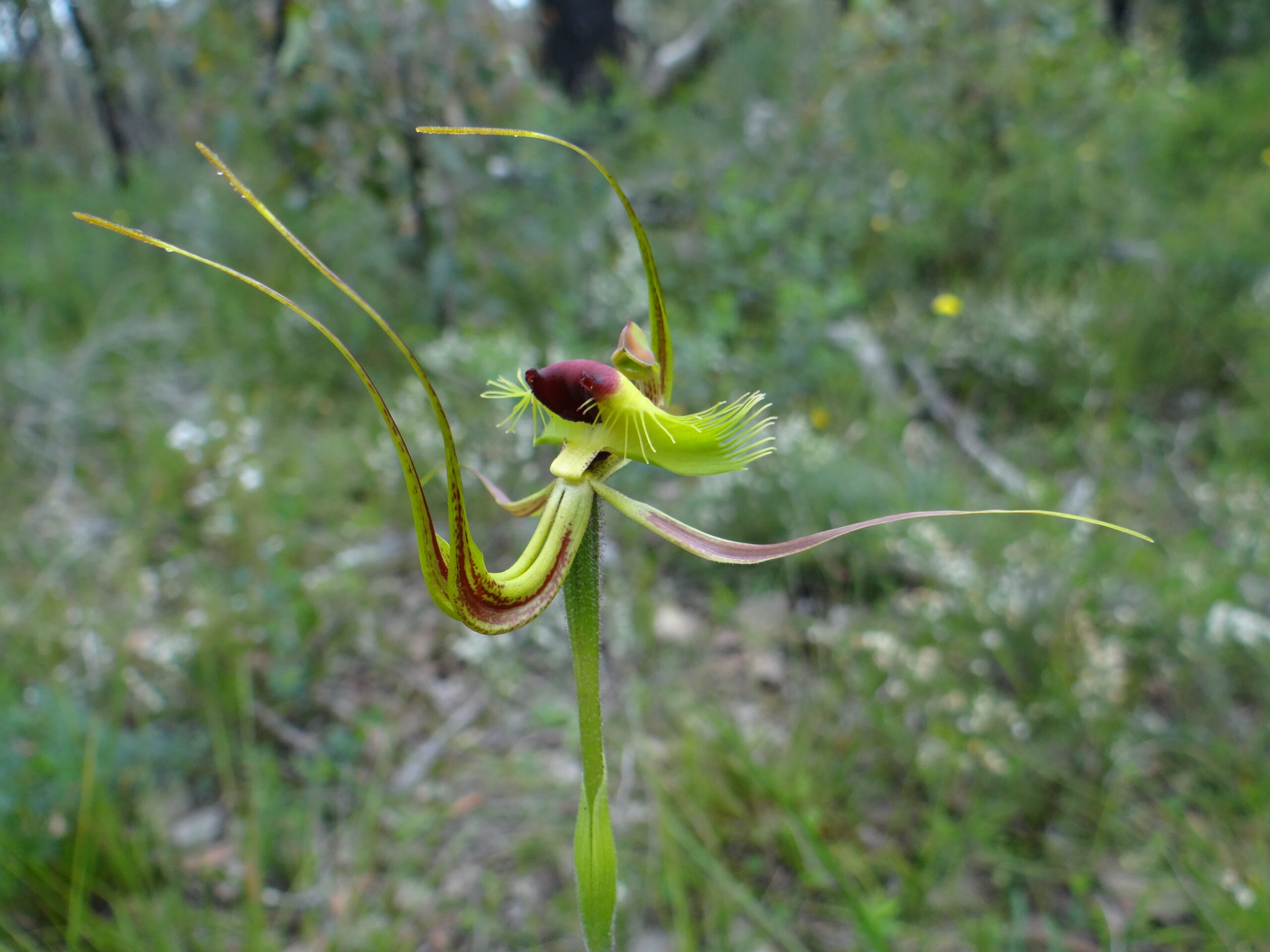
Aug 25, 2021 | News, Uncategorized
The ANPC are very excited to announce the upcoming launch of the third edition of ‘Plant Germplasm Conservation in Australia – strategies and guidelines for developing, managing and utilising ex situ collections’ (also known as the Germplasm Guidelines) edited by ANPC Project Manager Dr Amelia Martyn Yenson. The launch will be held on Tuesday 7 September during the online Australasian Seed Science Conference. Join the launch to discover why this best-practice handbook is so important for plant conservation in Australia, what new content has been added, and how you can use the Guidelines in your work.
We also warmly invite everyone to the Australian Academy of Science Fenner Conference on the Environment: Exceptional times, exceptional plants. The conference will include presentations and a panel session on identifying and conserving non-orthodox species. It will also provide an opportunity to strengthen partnerships and interact with experts online. This event will be held on Thursday 9 September 2021 and is free to join, even if you are not attending the Australasian Seed Science Conference. Register now here.

Aug 25, 2021 | News
The ANPC has helped Greening Australia reach a huge milestone in Project Phoenix. This project aims to have the seed sector come together and develop the 10-year Native Seed and Landscape Restoration Strategy for Australia. ANPC Project Manager, Dr Martin Driver, has been participating at Project Phoenix steering committee meetings, and reviewing reports and the strategy. Project Manager, Dr Lucy Commander has written three reports which inform the strategy. All 24 reports which inform the strategy are available to the public at this link. On this page you will also find a link to comment on the draft Strategy. Everyone with an interest in the future of native seed management in Australia is invited to have their say. Be quick, submissions close Monday 2 August 2021.

Aug 27, 2021 | News
An opportunity has arisen to work with the ANPC. We are looking for a Communications Manager who will undertake the communications and conference management functions in the national office of the ANPC and liaise with ANPC members, partner organisations, funding organisations and sponsors.
The position is based at the ANPC office in Canberra, within the beautiful Australian National Botanic Gardens, Acton, ACT – although remote location may be considered for the exceptional candidate. (Working from home may also be required due to COVID-19 restrictions until the office re-opens.)
The is a casual position of approximately 21 hrs per week with flexible days and hours, for a period of 18 months with the possibility of extension. Remuneration is $41.00 per hour.
Please download the position description and email your application to the ANPC’s Business Manager Jo Lynch. Applications close Friday 10 September 2021.

Jul 7, 2021 | News
On Thursday 17 June, ANPC Project Manager Dr Lucy Commander was asked by Perth NRM to give a seminar on seed collection. Lucy provided an overview of the new edition of the Florabank Guidelines, which outlines best practice native seed collection and use, as well as the Guidelines for the Translocation of Threatened Plants in Australia and a case study from her previous work restoring a Threatened Ecological Community. The seminar was fully booked, and well received, with attendees indicating that the seminar increased their knowledge about seeds and that they would share their new knowledge with colleagues and the community.

Jul 7, 2021 | News
The second workshop in this series, run in collaboration with Murrumbidgee Landcare and Riverina LLS, ‘Seed germination and propagation’ was held on 30th April. Around 25 participants attended from a wide geographic range, their interests included restoration of rare and diminishing species on their own land. The next workshop will be field based to inspect a range of direct seeded restoration and revegetation sites, equipment and techniques. Anyone interested can contact ANPC Project Manager Dr Martin Driver, Jade Auldist or Sally Ware (Riverina LLS).

Jul 7, 2021 | News
The editor of our bulletin, Australasian Plant Conservation, is calling for articles on orchids for our Spring edition. The deadline for submissions is August 1, 2021. For more information on submitting please visit our website and if you have any questions please email the APC editor, Heidi Zimmer.
